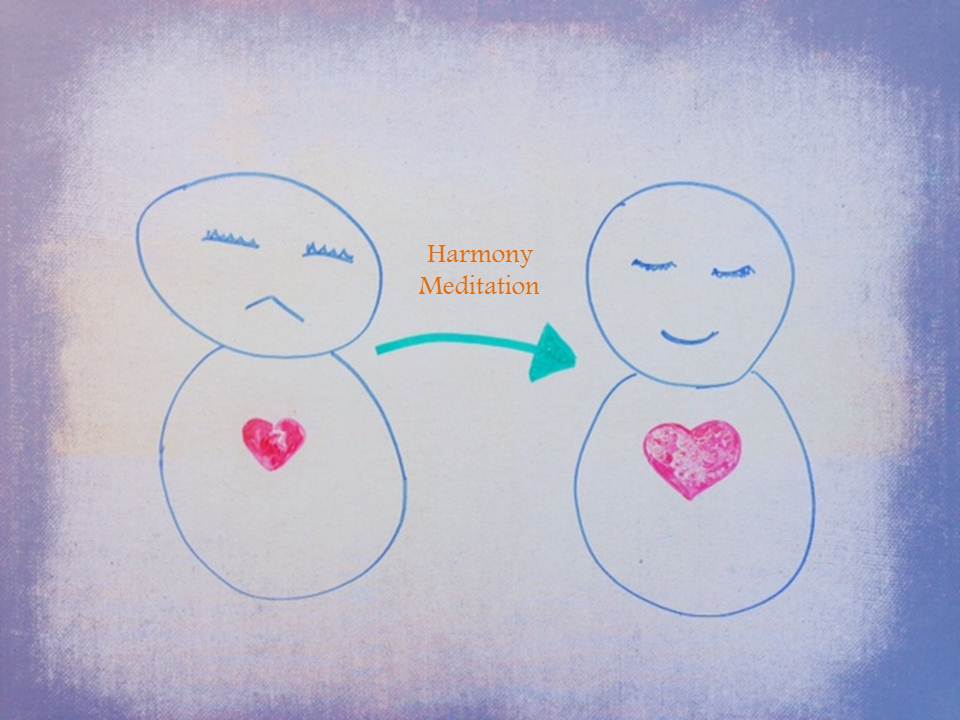Drop the hurt and dive for Freedom

When we are young, our minds are open and our hearts are big, and we can forgive and let go much easier. We don’t take ourselves too seriously, we don’t have a strong preference of who we are. As we grow older and gain status and comfort, our mental attitudes might change without much recognition from ourselves. It becomes harder to forgive and stay open. We might abandon the process of examining the status quo of our beliefs and our default emotional state.
After gaining a stable social status and a comfortable life, I noticed that my mind shrank significantly. I became judgmental and closed to new people and experiences. I could only be friends with people who had similar background and views. I considered myself a sophisticated modern woman while I was just getting further and further away from myself.
I was not happy at all with that change and searched for answers. Through the practice of Harmony Meditation I learned how I can stay open in my mind and warm in my heart despite the challenges. It does take courage and willingness to look deeper and see myself without embellishments. A discipline of applying critique to my own self can be excruciating. It is easy to blame the other party and close the subject. With practice, the process of exploring becomes much less traumatic. At times I am able to chuckle at myself – what the heck am I doing? At times I even look forward to receiving a not-so-pleasant feedback from my teacher because I know and trust the process. I know that when I weather the internal storm of a hurt ego with a right attitude, a new beginning will come. And that feels like a miracle – what a great potential each of us hold.
“In our lives we can free ourselves if we realize that we have not one way to choose, not two ways to choose, but we can choose all possible ways.” – Johwa Choi.
In a conflict situation, I try to apply the teaching before plunging the sword of judgment and declaring myself right and the other party wrong. I know the answer is almost never black and white, and there is something to learn for me. By admitting that my worldview can be limited and flawed, I open myself to new possibilities and freedom.
